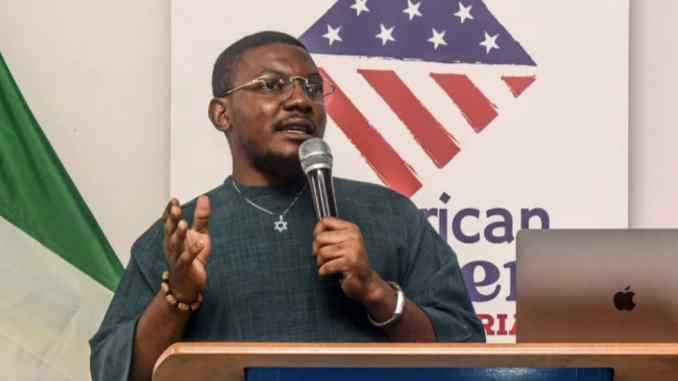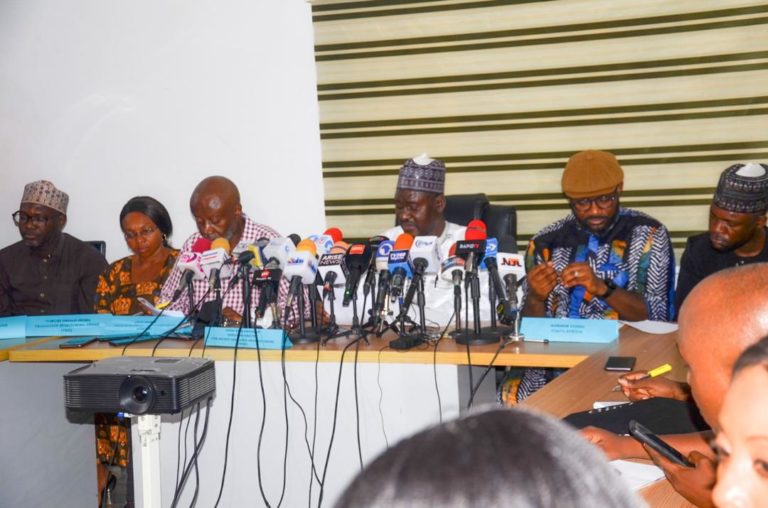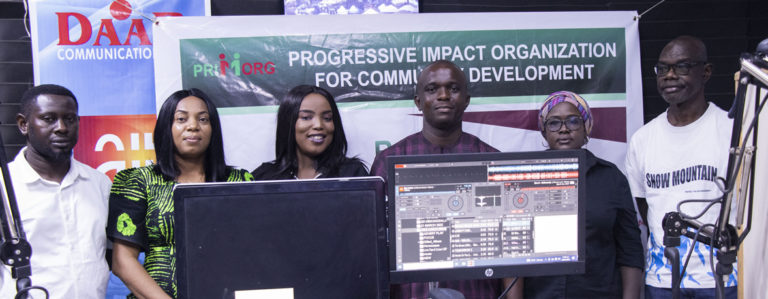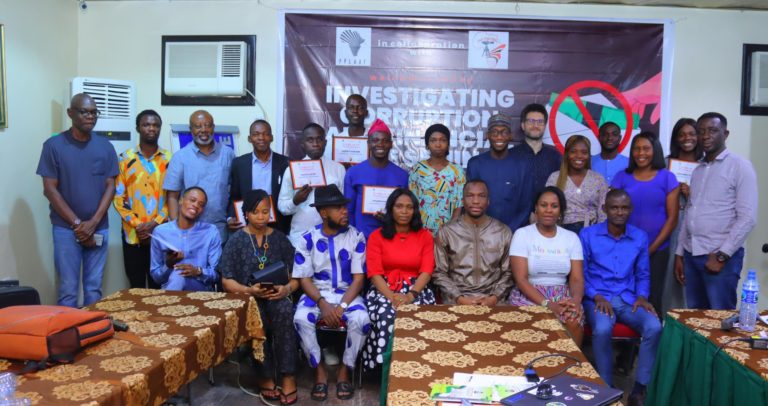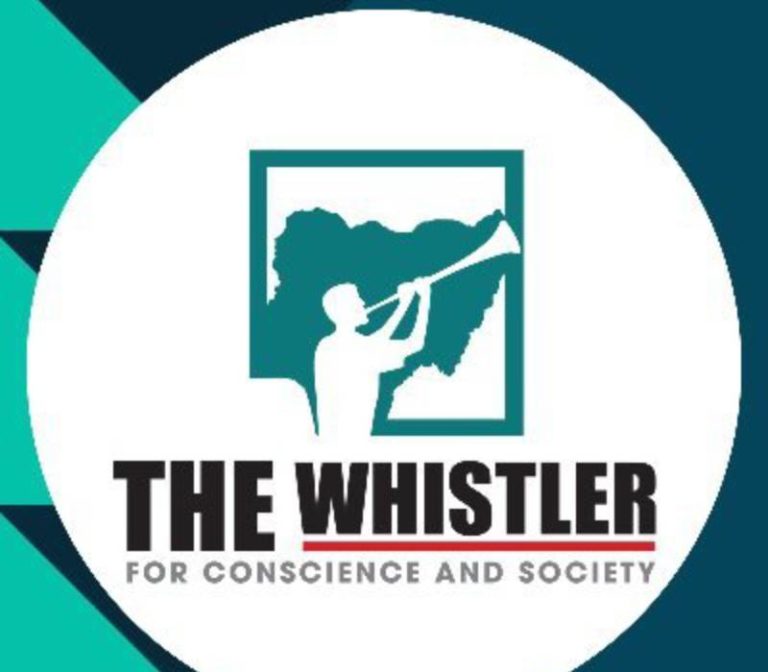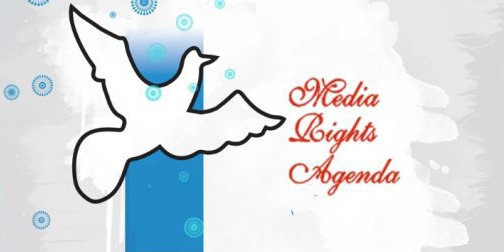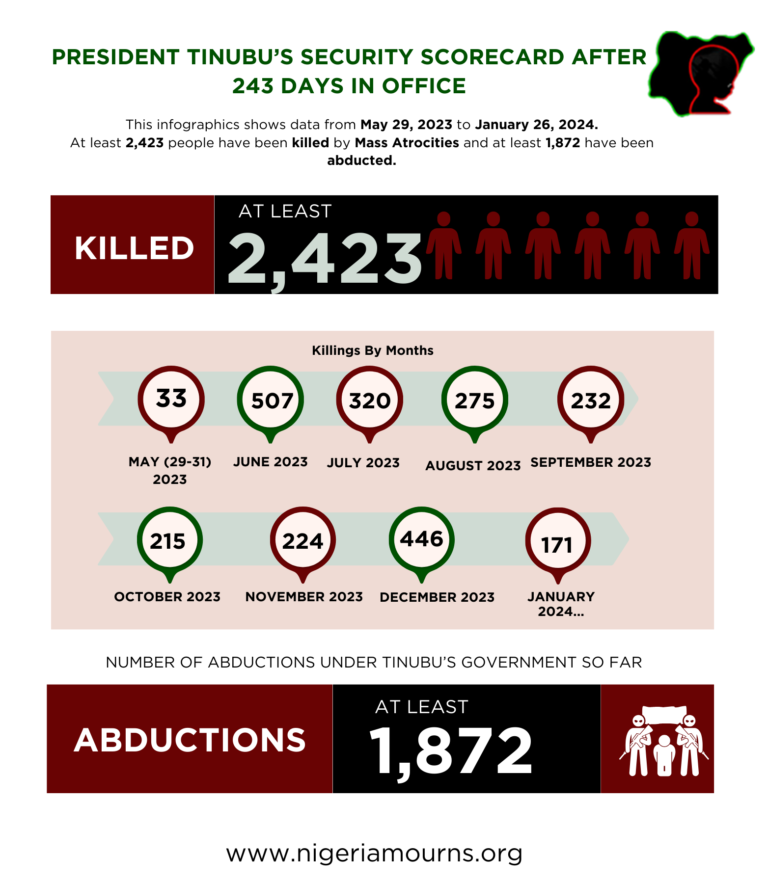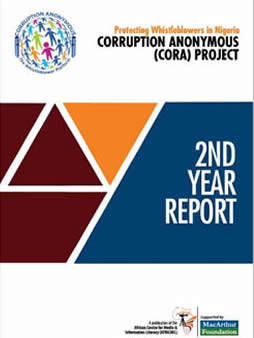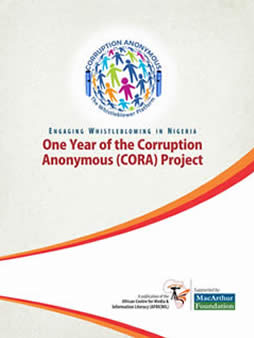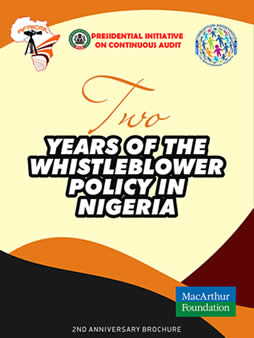Gentlemen of the press and dear colleagues in the civil society,
On behalf of the Whistleblowing Advocacy Coalition, we welcome you to this press conference on the International Anti-Corruption Day 2022 which also marks the start of efforts to mark the 20th anniversary of the UN Convention Against Corruption.
It is no surprise, therefore, that the theme for this year’s international day is, UNCAC at 20: Uniting the World Against Corruption. Over the next one year, ending with the 2023 International Anti-Corruption Day anniversary, alongside partners around the world, we will be reflecting on how far we have gone in terms of pushing back corruption courtesy of the opportunities afforded by the Convention and, importantly, what we need to do to strengthen our collective effort towards further taming corruption.
As a coalition, we have identified one of the gaps in the fight against corruption as the undue delay in putting in place a framework for the protection of citizens who are courageous enough to report corruption and illegalities in society. And so our specific mission as a group is to strengthen advocacy for the passage of the whistleblowing and whistleblower protection bill and its enactment as a law before the Muhammadu Buhari administration winds up next year.
We note that unlike in the early stages of the whistleblowing policy when people showed tremendous enthusiasm about submitting reports which resulted in frequent recovery of looted public funds, there has been a noticeable severe reduction in people’s interest in passing on information to the anti-corruption agencies. The major reason is that the whistleblowing policy which this administration introduced six years ago has remained a policy, with no framework for protecting whistleblowers who are continually subjected to all kinds of punishment for reporting fraud and corrupt practices in their offices.
Many whistleblowers in the public sector have been visited with adverse actions ranging from dismissal, suspension without pay, denial of salary and promotion, intimidation, harassment, etc. Even to exercise the right to refuse participation in corrupt acts attracts punishment from the management of public institutions. Thus, because workers see that their colleagues who report crime or refuse to be part of a crime are being victimized without any form of protection, many of them are discouraged from making disclosures on wrongdoing even when they see one.
Therefore, our convergence today is to use this year’s International Anti-Corruption Day to reaffirm our resolve to fill this yawning gap exemplified in the absence of a whistleblowing and whistleblower legislation that offers robust protection for citizens who carry out whistleblowing in the interest of the public.
A significant step in concretizing this resolve was taken on November 8 in Abuja where the civil society and media partners who have for long demonstrated the passion to curb corruption in our polity and recognized the importance of whistleblowing in achieving this objective, came together to deliberate on whistleblowing practice in Nigeria. The group came up with what is now known as The Abuja Declaration of Action on Whistleblowing Legislation and Whistleblower Protection in Nigeria.
It is the Abuja Declaration that this coalition has the honor of unveiling today with the generous support of members. The coalition considers this a significant milestone in our struggle to ensure that a whistleblower protection law is enacted as a positive and sincere way of encouraging citizens to join the fight against corruption which is the original intent of the whistleblowing policy.
The Abuja Declaration features two major highlights. The first is the recognition of whistleblowing as not just a mechanism for addressing fraud and illegalities, but also as a right of freedom of expression which is a fundamental human right that needs to be fully protected. People have a right to both speaking up and speaking out without any hindrance. The second feature is the unanimous endorsement of a strong coalition of duty bearers to intensify the campaign for an urgent realization of protection legislation.
We are aware from the latest report from the Ministry of Finance, Budget and National Planning which manages the whistleblowing policy that a draft whistleblower bill would this month be considered at a Federal Executive Council (FEC) meeting and sent to the National Assembly for passage. The coalition looks forward to this meeting and hopes that the FEC acts in the interest of our country.
However, this coalition will not wait for them. Our resolve is to, as quickly as possible, use the Abuja Declaration as a tool of engagement with all tiers of government, but especially the National Assembly towards having this bill passed and having a law before the tenure of this administration ends in 2023.
Thank you.
Signed:
Chido Onumah, PhD
Coordinator, African Centre for Media & Information Literacy (AFRICMIL)
Augustine Agbonsuremi
Executive Director, Progressive Impact Organisation for Community Development
(PRIMORG)
Auwal Rafsanjani
Executive Director, Civil Society Legislative Advocacy Centre (CISLAC)
Botti Isaac
Programmes Coordinator, Social Development Integrated Centre (Social Action)
Dayo Aiyetan
Executive Director, International Centre for Investigative Reporting (ICIR)
Osai Ojigho
Country Director, Amnesty International Nigeria
Oke Epia
Executive Director, Orderpaper Advocacy Initiative (OrderPaper)
Text of a press statement by the Whistleblowing Advocacy Coalition on Whistleblowing Legislation and Whistleblower Protection in Nigeria to mark the International Anti-Corruption Day 2022.



